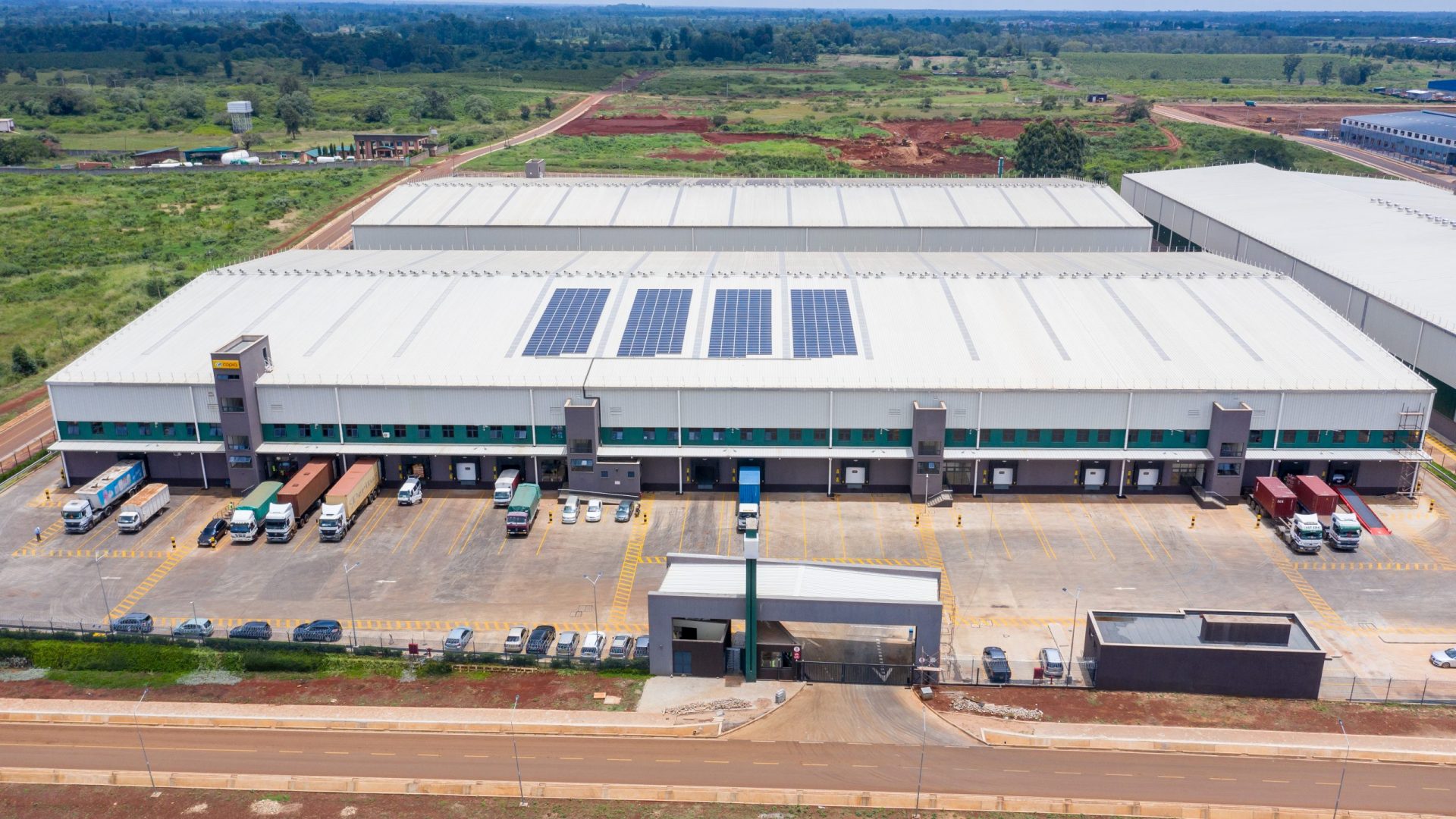For populations all over the world, electronic equipment has become an integrated and essential part of daily life. Demand for appliances such as mobile phones, computers, fridges and televisions is soaring as countries urbanise and living standards improve.
As a result, the amount of electronic waste generated every year is also increasing. It is one of the fastest-growing forms of waste in many developing countries.
According to the Global E-Waste Monitor Report, in 2019 the world generated 53.6 million metric tons (Mt) of e-waste. Only 17.4 per cent was recycled through appropriate channels – even though nearly three-quarters of the world’s population is subject to e-waste legislation.
In Africa, 2.9 Mt of e-waste was generated by households in 2019, of which only 0.9 per cent was reported to be collected and recycled by the formal sector.
This poses several challenges to achieving the UN’s Sustainable Development Goals (SDGs). Discarded electronic equipment contains substances that present serious risks to the environment and people’s health, particularly if treated inadequately.
E-waste is also a barrier to reaching SDG 12, Responsible Consumption and Production. It’s essential to reduce e-waste generation through prevention, reduction, repair, recycling and reuse of goods. Eliminating waste and pollution by keeping products and materials in use is key to achieving a circular economy.
At CDC, we support the businesses we invest in to understand and improve their waste management, including e-waste. One business we’ve been supporting in this way is Kenyan off-grid solar company M-KOPA.
In partnership with M-KOPA and sustainability firm Sofies, we undertook a survey of 500 M-KOPA customers between October 2019 and January 2020. The aim of the survey was to better understand how much e-waste – both off-grid solar and non-off-grid solar – could be found at consumer homes, how households manage their e-waste and how this issue can be addressed.
What did we find out?
One of the most interesting results of the study was the prevalence of dysfunctional non-off-grid solar electronic products in households. This could be linked to the fact that a high percentage of customers live at the significant distance of 25 km from shops, as well as to the intrinsic value of the electronic goods.
This finding is particularly relevant for businesses like M-KOPA, as new legislation is on the horizon in Kenya which will change the way e-waste is handled and regulated, introducing new obligations for producers of electronic goods.
The survey results also showed that the majority of respondents would not usually return e-waste to the seller. They planned to either keep the e-waste at home or use environmentally unfriendly solutions to dispose of e-waste, including burning, burying or discarding the products locally.
This study confirms the need and importance for companies to disseminate information on the correct handling of e-waste, and to ensure that both customers and staff are aware of the necessity of returning non-functioning products to the producers. The survey also provides a clear view into the preference of consumers to obtain small free products in exchange for their e-waste.
More generally, this data serves as the first step to realising a collection system that transitions a company from a linear to a circular economy model. The off-grid solar sector faces specific challenges as it serves mostly rural customers, where waste collection systems are often not-existent. The volume of e-waste produced by the off-grid solar sector in isolation is limited, which challenges the economic sustainability of setting up a collection system. This highlights the need for a joint approach to waste collection across companies and sectors.
Investors could play a pivotal role in catalysing efforts towards a joint approach, as well as supporting companies in setting up comprehensive systems for the management of e-waste.
Read the report How are off-grid solar customers in Kenya managing their electronic waste?












